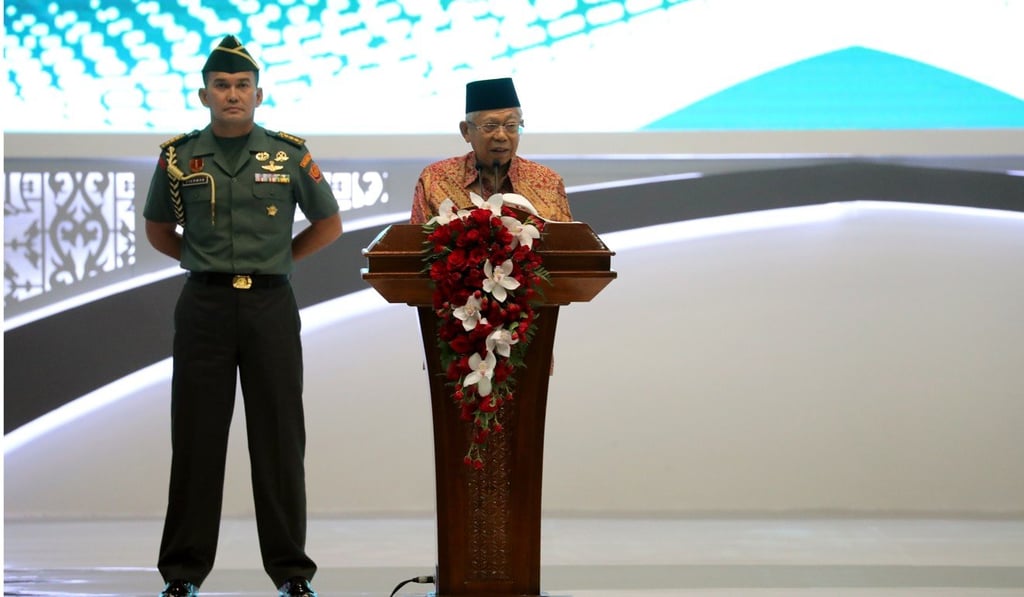Analysis | How the sharia economy shapes democracy in Indonesia
- The implementation of sharia economy in Indonesia is not just related to economics, but also the politics of identity and winning votes
- The structural shariatisation of the economy is problematic for Indonesia’s democracy as it can lead to social segregation and discrimination

Sharia economy should gain broader support from the state and society because it is perceived by some groups as a system that can improve the economic prospects of Indonesian Muslims. This expectation, however, is not free of a deeper political interest, and support by Muslim elites is also for personal benefit.

The implementation of sharia economy in Indonesia is not purely related to economics, but is also very much about the politics of identity and the winning of votes. In this regard, it is intended to produce more political than economic benefits. For some Indonesian Muslims, sharia economy is not only instrumental in establishing social justice and welfare for inner Muslim groups, it is also a demonstration of their religious and political identity as Muslims.
To gain support from the Muslim community, the narrative of sharia economy is developed towards addressing the relative backwardness of Indonesian Muslims in the economic arena. Non-Muslims are perceived as dominating the economy at the cost of Muslims’ well-being. The Muslims in turn, as the majority, think that they should have control over the country’s economy, and sharia economy is perceived as a means for achieving this goal.